Cat Drooling: What It Means and Should You Worry?
23.03.2022.
It can be challenging to tell if what your cat is doing is normal cat behavior. For example, you may be wondering whether your cat's drooling is normal or cause for concern. Here are some reasons why cats drool, as well as some warning signs to look for to determine whether your cat's drooling necessitates a vet visit.
Is Drooling Normal in Cats?
Drooling when they are happy and relaxed, such as when being petted, is normal behavior. These cats typically develop this behavior early in life, so it would be unusual for an older cat to suddenly begin drooling if they had not previously exhibited this type of behavior. If this occurs, you should contact your veterinarian to discuss your cat's sudden drooling.
So, how do you tell the difference between normal cat drooling and drooling caused by a problem?
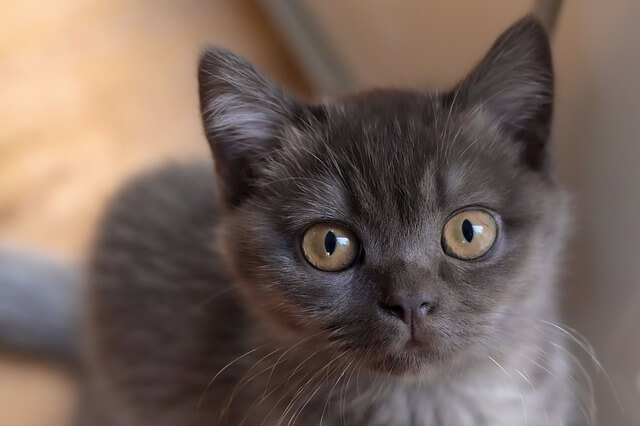
RELATED: What Does Blood in Cat Urine Mean? Should I Be Worried?
What Causes Cats to Drool?
Drooling in cats can be caused by a number of underlying medical conditions. The following are the most common causes of cat drooling.
1. Oral and Dental Illness
Cats can develop a variety of oral and dental problems that go undetected until they cause severe illness or pain. The cat will frequently drool excessively as a result of the pain. Some well-known causes of drooling in cats include mouth ulcers, tooth injuries, gum disease, resorptive lesions, and infections.
Your veterinarian will inspect your cat's mouth for signs of dental and oral problems. If dental disease is discovered, your veterinarian will most likely recommend professional dental cleaning. They might recommend tooth extraction if needed. This procedure must be performed while under general anesthesia. Antibiotics may be required to treat your cat's dental and mouth problems.
RELATED: Stomatitis in Cats: Causes, Symptoms & Treatment
2. Nausea
A nauseous or vomiting cat will frequently drool profusely. Nausea and vomiting in cats can be caused by various factors, including internal parasites, kidney disease, and gastrointestinal issues. If your cat appears nauseous, is vomiting, or has a poor appetite, it is best to consult a veterinarian.
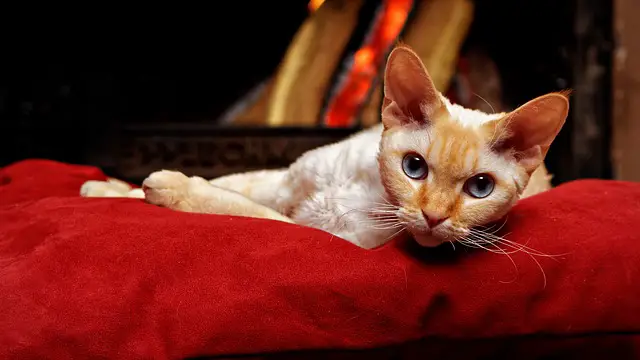
Following the examination, your veterinarian may advise you to have lab work done to get a better look at organ function, blood cells, and urine content. The findings can aid in determining the next steps in diagnostics and treatment options.
3. Blockage
Drooling is likely if your cat has something stuck in its mouth. A common drooling reason is a foreign body stuck in the cat’s mouth. Even something small, like a string, can cause your cat to start drooling excessively. DO NOT pull a string out of your cat's mouth if you see one. The string could be wrapped around something in the stomach or intestines, and pulling on it could cause serious harm. Instead, go to the nearest open veterinarian's office.
RELATED: Pancreatitis in Cats: Causes, Symptoms & Treatment
4. Toxicity
Excess drooling can occur in cats who have licked, chewed on, or ingested a poisonous substance. Poisonous plants, caustic chemicals, and toxic foods are some examples of things that can cause cat toxicity. Some topical toxins, such as pesticides or flea and tick preventatives not intended for cats, can also cause drooling. If you suspect your cat has been exposed to something toxic, take it to the nearest open pet ER as soon as possible.
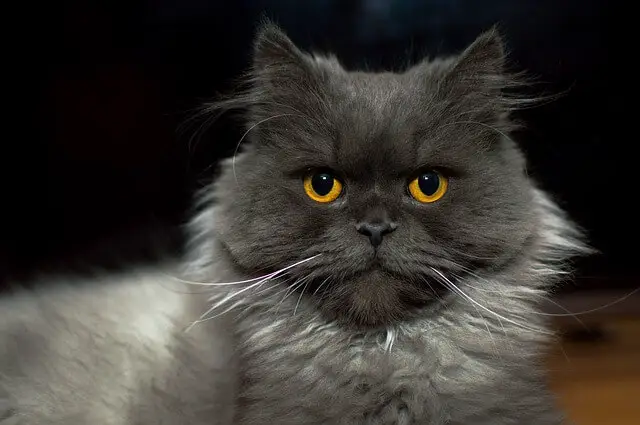
If you notice something else in your cat's mouth, use caution before attempting to remove it. You may not only injure your cat further but you may also be bitten! It's always best to see a vet if your cat has a foreign body stuck in its throat.
RELATED: Hyperthyroidism in Cats: Causes, Symptoms & Treatment
5. Trauma
Mouth injuries frequently result in excessive drooling. Cats who have chewed on electrical cords may develop oral burns, resulting in drooling. A cat hit by a car may have a broken jaw, which causes drooling. Cats with oral injuries from cat fights frequently drool. You may not be able to see any signs of an injury on the outside, but drooling is a sign that you should take your pet to the vet.
If your cat is drooling and there is no apparent reason, it’s best to contact your veterinarian as soon as possible. Cats are masters at concealing illness. They frequently do not show symptoms of a problem until they are incredibly ill. When in doubt, don't put it off. Call the veterinarian.
Why Do Some Cats Drool When Petted?
Because they are happy and relaxed, some cats drool when petted. They might associate the owner's affection with the happiness they felt as kittens nursing on their mothers. This is normal behavior for cats, and they may also purr, knead their paws, and/or rub their face/body on you or your furniture.
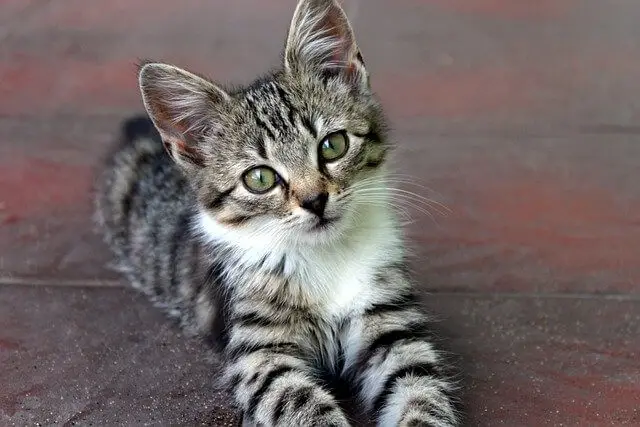
RELATED: How Much Sleep Do Cats Need Each Day?
When Should You Consult a Vet About Your Cat's Drooling?
If you own a cat, you know how difficult it can be to distinguish between "normal" cat behavior and worrying signs. Knowing when and how to react to specific behaviors can mean the difference between life and death. If your cat is drooling and has the following symptoms, contact your veterinarian.
- Breathing problems
- Appetite loss or reduction
- Vomiting
- Loss of weight
- Upper respiratory symptoms (such as sneezing or nasal discharge)
- Lethargy
A physical exam can provide your veterinarian with a lot of important information about the cause of your cat's drooling. However, expect your veterinarian to recommend blood/urine/fecal testing as well as imaging (x-rays and/or abdominal ultrasound) during your visit.
World Cat Finder Team

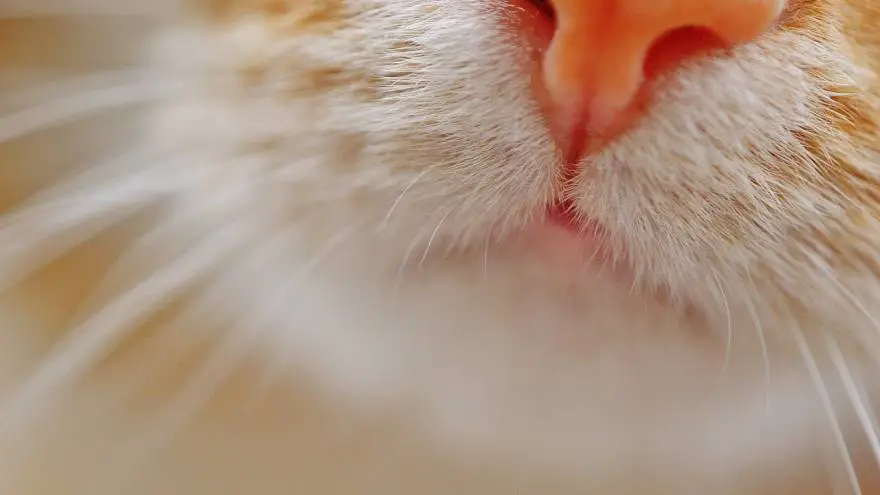
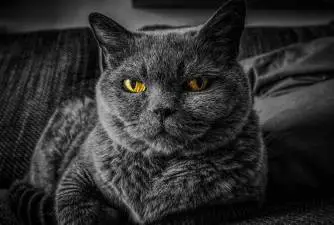
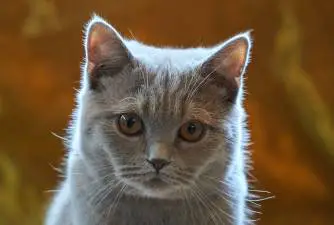

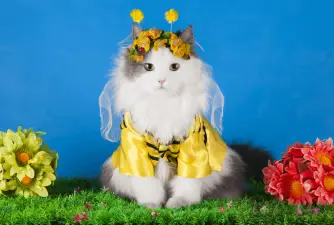

Share